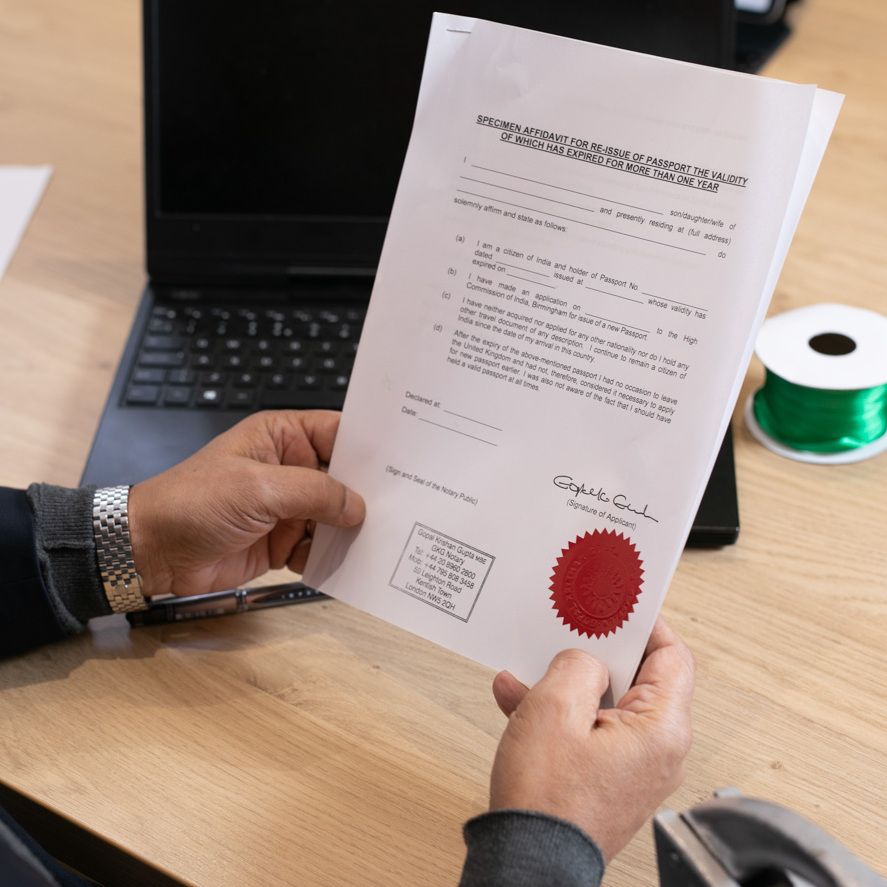What Is an Apostille Under the Hague Convention?

The HAGUE Apostille Convention is central to international document recognition. Without it, using official paperwork abroad would be far more complicated. But what exactly is the HAGUE Convention, and why is it so important for APOSTILLE and LEGALISATION?
Background of the Hague Apostille Convention
Before 1961, documents had to go through multiple layers of LEGALISATION before being accepted overseas. Each embassy or consulate needed to verify the document separately. The process was slow, expensive, and confusing.
To simplify this, the HAGUE Convention Abolishing the Requirement of Legalisation for Foreign Public Documents was created. It introduced the concept of the APOSTILLE — a single certificate that confirms a document’s authenticity.
What Is an Apostille Under the Hague Convention?
An APOSTILLE is an internationally recognised certificate attached to your UK document by the FCDO. Once a document has an APOSTILLE, it is automatically valid in all other HAGUE Convention countries.
Member Countries
Today, more than 120 countries are members, including the UK, most of Europe, the USA, Australia, India, and many more.
Hague vs Non-Hague Countries
- HAGUE members: A single APOSTILLE is enough.
- Non-HAGUE countries: Documents require APOSTILLE plus embassy LEGALISATION.
For example:
- France → Apostille only
- UAE → Apostille + embassy LEGALISATION
Why It Matters
The HAGUE Convention saves time and reduces costs for individuals and businesses. Instead of multiple stamps and signatures, a single APOSTILLE does the job.
Conclusion
The HAGUE Apostille Convention has transformed international LEGALISATION. For anyone moving, working, studying, or doing business abroad, it ensures that UK documents with an APOSTILLE are widely accepted and trusted.













